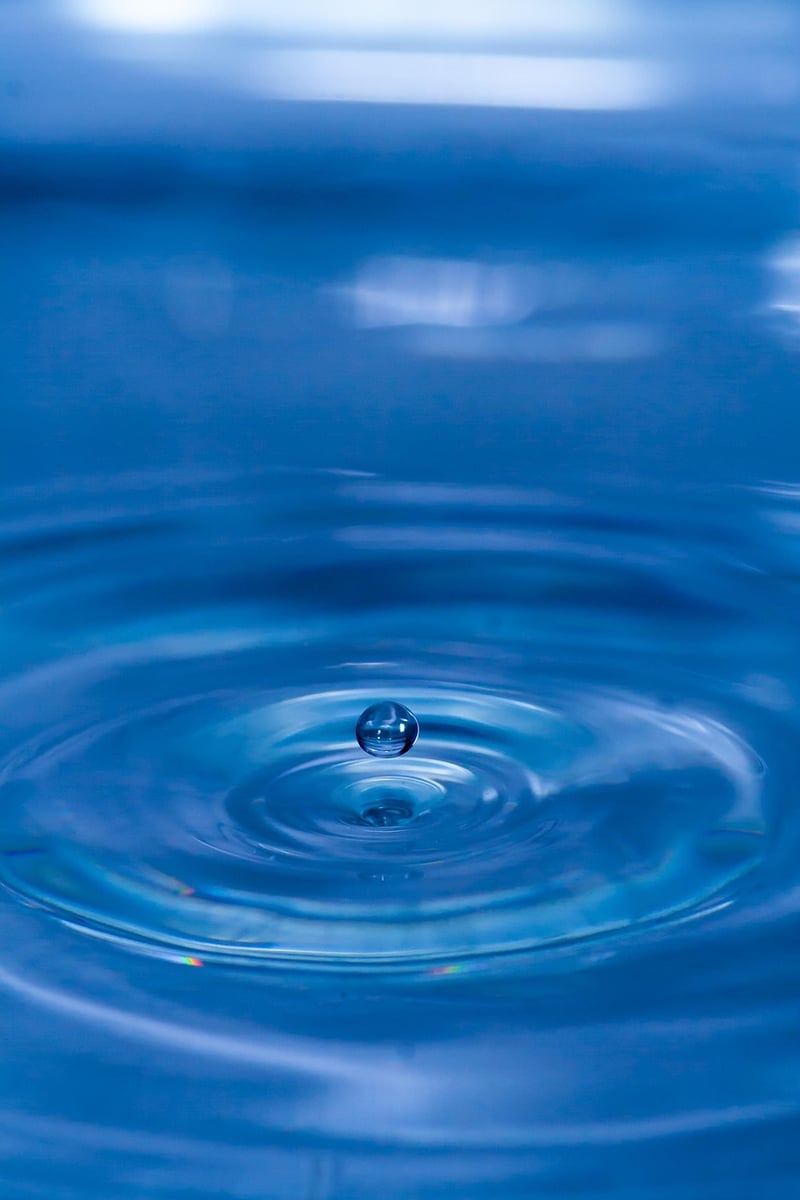Drip Systems
#Watering Systems
#Irrigation
#Self-Watering
Efficient Watering Solutions: Drip Systems
Watering your garden efficiently is crucial for maintaining healthy plants while conserving water. One of the most effective ways to achieve this is through the use of drip irrigation systems. Drip systems deliver water directly to the base of plants, minimizing evaporation and runoff. Let's explore the benefits and installation of drip systems for your garden.
Benefits of Drip Systems:
- Water Conservation: Drip systems use water more efficiently by delivering it directly to the roots where it's needed most.
- Weed Control: By targeting the water supply, drip systems help reduce weed growth between plants.
- Reduced Disease Risk: Watering at the plant's base reduces moisture on leaves, lowering the risk of fungal diseases.
- Time and Labor Savings: Once installed, drip systems require minimal maintenance and automate the watering process.
- Customization: Drip systems can be tailored to deliver specific amounts of water to different plants based on their needs.
Installation Steps:
- Plan Your System: Assess your garden layout and water needs to determine the best placement for drip lines.
- Choose the Right Components: Select drip tubing, emitters, connectors, and a timer based on your garden's size and plant types.
- Prepare the Area: Clear debris, level the ground, and install a filter to prevent clogging.
- Assemble the System: Lay out the tubing, connect the components, and install emitters at the base of each plant.
- Test and Adjust: Turn on the system to check for leaks and ensure each plant receives adequate water.
By implementing a drip irrigation system in your garden, you can enjoy healthier plants, lower water bills, and a more sustainable approach to gardening. Embrace this efficient watering solution and watch your garden thrive!

For more information on drip systems and other gardening tips, visit GardeningWebsite.com.
